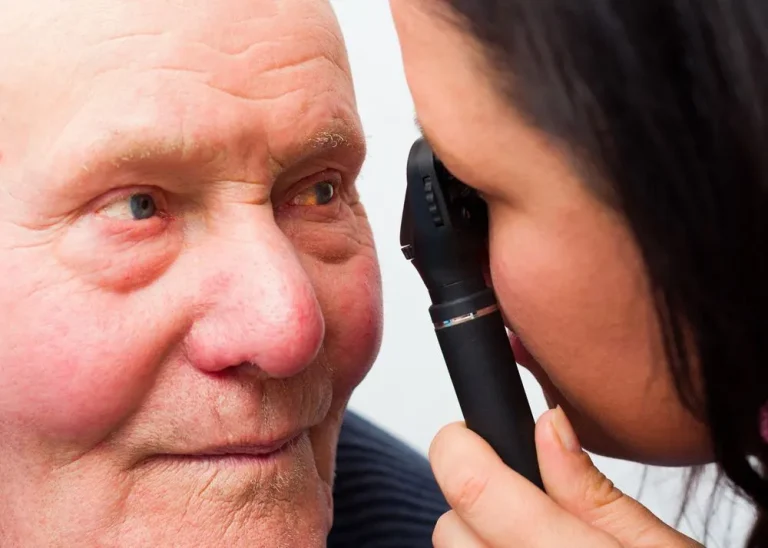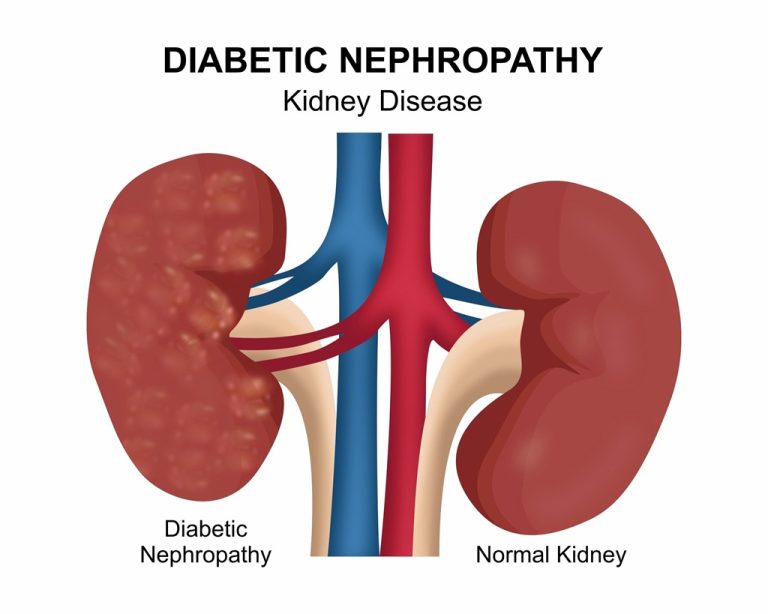
Pulmonary Function Test: A Comprehensive Guide
A pulmonary function test (PFT) is a non-invasive medical test that measures how well the lungs are functioning. The test assesses the lungs’ ability to take in oxygen and remove carbon dioxide, as well as the strength and efficiency of the respiratory muscles. PFTs are commonly used to diagnose and monitor respiratory diseases such as asthma, chronic obstructive pulmonary disease (COPD), and pulmonary fibrosis.

What is a Pulmonary Function Test?
A PFT is a series of tests that measure different aspects of lung function. The tests are typically performed in a pulmonary function laboratory or a doctor’s office. The tests are non-invasive, meaning they do not require any insertion of instruments or devices into the body.
What are the Different Types of Pulmonary Function Tests?
There are several different types of PFTs, each measuring a different aspect of lung function. The most common types of PFTs include:
1. Spirometry: This test measures the amount of air that can be inhaled and exhaled by the lungs. It is the most common type of PFT and is used to diagnose and monitor conditions such as asthma and COPD.
2. Lung Volume Measurements: This test measures the total lung capacity, residual volume, and functional residual capacity. It is used to diagnose and monitor conditions such as pulmonary fibrosis and neuromuscular disease.
3. Diffusing Capacity: This test measures the ability of the lungs to transfer oxygen from the air into the bloodstream. It is used to diagnose and monitor conditions such as pulmonary fibrosis and emphysema.
4. Body Plethysmography: This test measures the total lung capacity and airway resistance. It is used to diagnose and monitor conditions such as asthma and COPD.
5. Exercise Testing: This test measures lung function during exercise. It is used to diagnose and monitor conditions such as exercise-induced asthma and COPD.
How is a Pulmonary Function Test Performed?
A PFT is typically performed in a pulmonary function laboratory or a doctor’s office. The test is usually performed by a trained technician or respiratory therapist. The test typically takes 30-60 minutes to complete.
Here is a general overview of how a PFT is performed:
1. Pre-Test Preparation: The patient is asked to remove any clothing that may interfere with the test, such as a belt or a scarf. The patient is also asked to avoid eating a large meal before the test.
2. Spirometry Test: The patient is asked to sit in a chair and wear a nose clip. The patient is then asked to inhale and exhale through a mouthpiece that is connected to a spirometer. The spirometer measures the amount of air that can be inhaled and exhaled by the lungs.
3. Lung Volume Measurements: The patient is asked to sit in a body plethysmograph, a small, airtight room. The patient is then asked to inhale and exhale through a mouthpiece that is connected to a spirometer. The spirometer measures the total lung capacity, residual volume, and functional residual capacity.
4. Diffusing Capacity Test: The patient is asked to inhale a small amount of a gas, such as helium or carbon monoxide, through a mouthpiece. The patient is then asked to exhale through the mouthpiece, and the amount of gas that is exhaled is measured.
5. Body Plethysmography Test: The patient is asked to sit in a body plethysmograph, a small, airtight room. The patient is then asked to inhale and exhale through a mouthpiece that is connected to a spirometer. The spirometer measures the total lung capacity and airway resistance.
What are the Risks and Side Effects of a Pulmonary Function Test?
PFTs are generally safe and well-tolerated. However, there are some risks and side effects to be aware of, including:
1. Dizziness or Lightheadedness: Some patients may experience dizziness or lightheadedness during or after the test.
2. Shortness of Breath: Some patients may experience shortness of breath during or after the test.
3. Coughing or Wheezing: Some patients may experience coughing or wheezing during or after the test.
4. Nosebleeds: Some patients may experience nosebleeds during or after the test.
What are the Benefits of a Pulmonary Function Test?
PFTs have several benefits, including:
1. Diagnosis of Respiratory Diseases: PFTs can help diagnose respiratory diseases such as asthma, COPD, and pulmonary fibrosis.
2. Monitoring of Respiratory Diseases: PFTs can help monitor the progression of respiratory diseases and the effectiveness of treatment.
3. Assessment of Lung Function: PFTs can help assess







